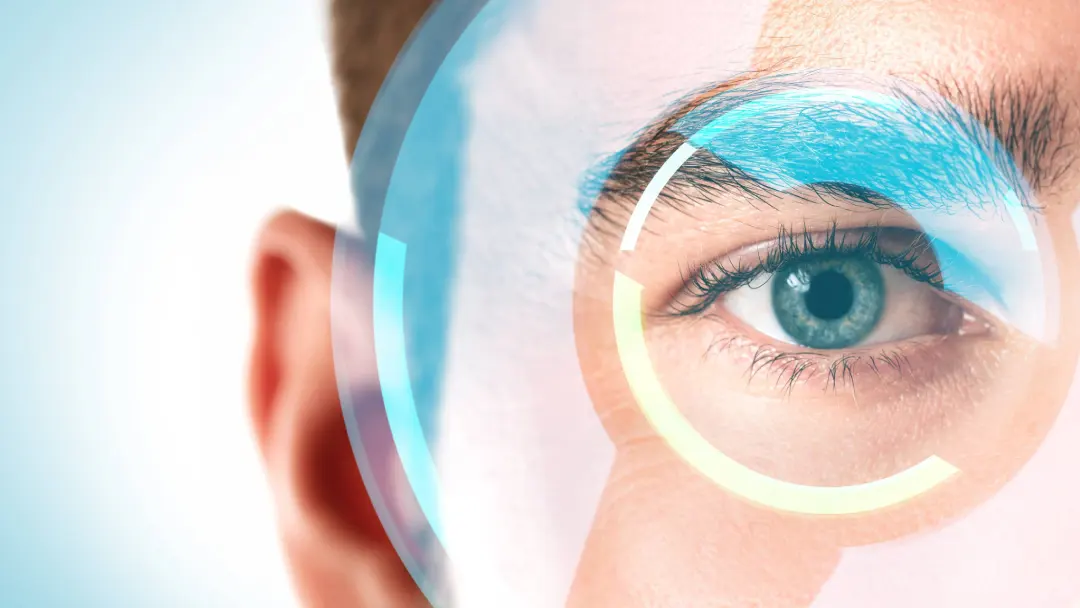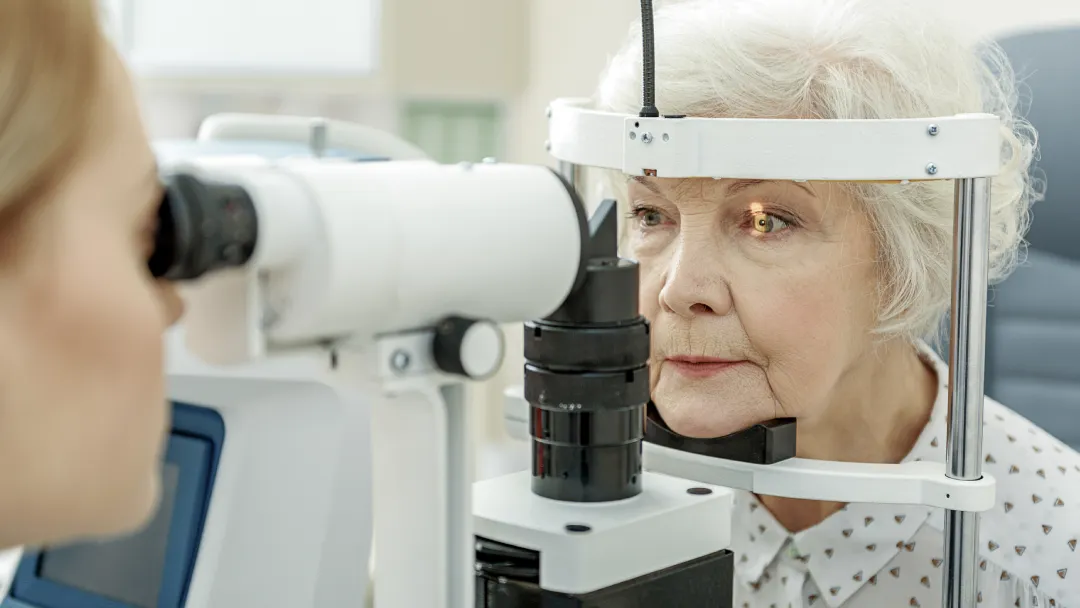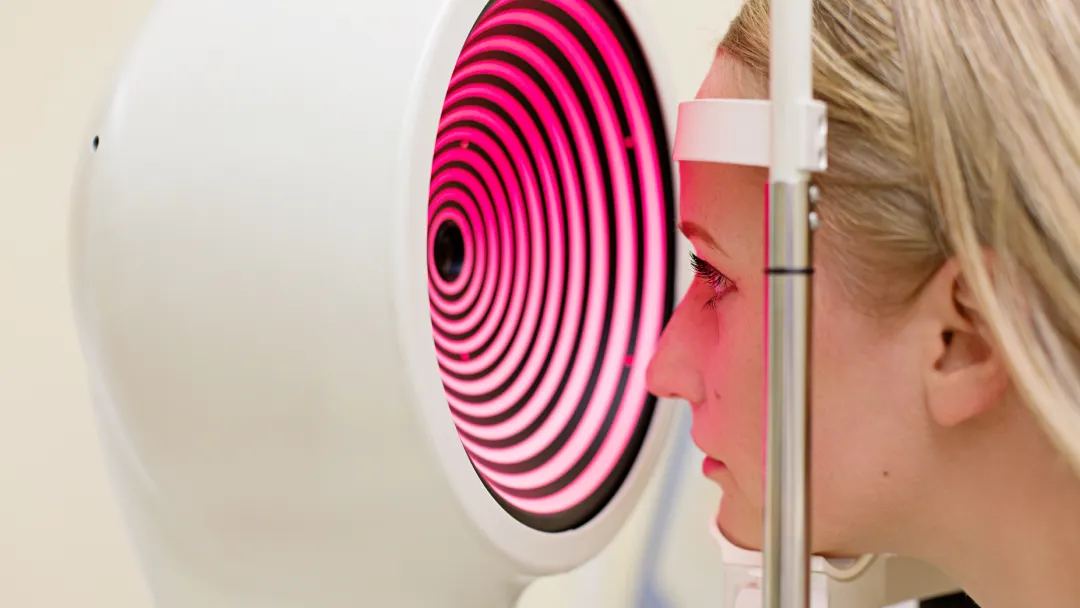Keratoconus Symptoms Explained by a Keratoconus Specialist in Mumbai
Keratoconus is an eye condition that can be uncertain to detect in the starting phase. It changes the cornea’s shape, making it thinner over time. This alteration is caused by how your eye focuses light, causing blurry vision, difficulty seeing in low light, and weird radiance around lights. The main thing is paying attention to your eyes – if your vision begins acting up, don’t try to ignore it. A specialist can figure out keratoconus symptoms and help you manage it early on.
Keratoconus Symptoms
Keratoconus changes the shape of your cornea, the clear dome at the front side of your eye. This can make your vision dull over time. Here are a few key keratoconus symptoms that may mean it’s time for an eye health checkup:
- Nearsightedness: It is also called myopia. Road signs, far-off objects, or even the TV across the other room look foggy. However, you can still read a phone screen or a book. This type of nearsightedness is a common keratoconus symptom.
- Astigmatism: You might experience a visual impairment whereby a blurry filter seems to unclear your surroundings, both at close and at a distance. This might be defined as a slight blurring of objects, causing a lack of clarity.
- Glare and Flare: Bright lights, mainly headlights at night, feel more harsh. You may see glare, streaks, or halos around various light sources. This makes driving stressful and sometimes harder.
- Your Prescription Keeps Changing: It feels like you just got new contacts or glasses, but they don’t work either. You often go to the eye doctor for updates, which can be irritating.
Essential: These keratoconus symptoms don’t mean you have this eye condition. But they’re enough reasons to get your eyes checked. Detecting keratoconus early makes managing and keeping your vision as clear as possible much simpler! If you’re observing any of these changes, schedule an appointment with your eye doctor.

Diagnosis
If you’re tense about keratoconus symptoms, your eye doctor is an ideal person to help! They’ll begin by asking a few questions about your eyesight, any changes you’ve observed, and if anyone in your family has had eye issues. Then, they’ll take a good look at your eyes. They may also use specific tools to lay out the shape of your cornea – this helps them see if keratoconus may be the reason for your vision changes.
Some Diagnosis Tests Include:

Eye Refraction
During this test, the doctor will check your refraction. It’s a way to measure how fine your eyes focus light. They may have you look through a machine with different lenses to do this. You’ll then need to tell them which setting makes things look clearest, and that helps them provide the perfect prescription for your contacts or glasses. A few doctors may even use a special light and tool to understand your eye’s focusing power.

Slit-lamp Examination
Another test your doctor may use is a slit-lamp exam. It’s a microscope with a special light that allows the doctor to get a close look at your eye. They’ll shine a thin light beam on your eye’s surface and use the microscope to see if your cornea has its regular shape. This helps them check for any keratoconus symptoms or other eye issues.

Keratometry
Keratometry sounds complicated, but it’s quite simple! They’ll shine a particular circle of light onto your cornea. Then, they measure how that light reflects. This gives them ideas about the shape of your cornea, letting them know if it’s nice and round.

Computerized Corneal Mapping
This procedure involves capturing an image of your cornea, the eye’s transparent outer layer. The image then creates a complete cornea map detailing its shape and thickness. Using corneal maps is instrumental in detecting keratoconus symptoms early, which might not be evident during a regular eye checkup.
Keratoconus symptoms can be managed effectively when caught early. If you experience any changes in your vision, feel free to schedule an appointment with Vinay K Agrawal, a trusted keratoconus specialist in Mumbai. He can help detect the cause and suggest the best action to protect your eyesight.